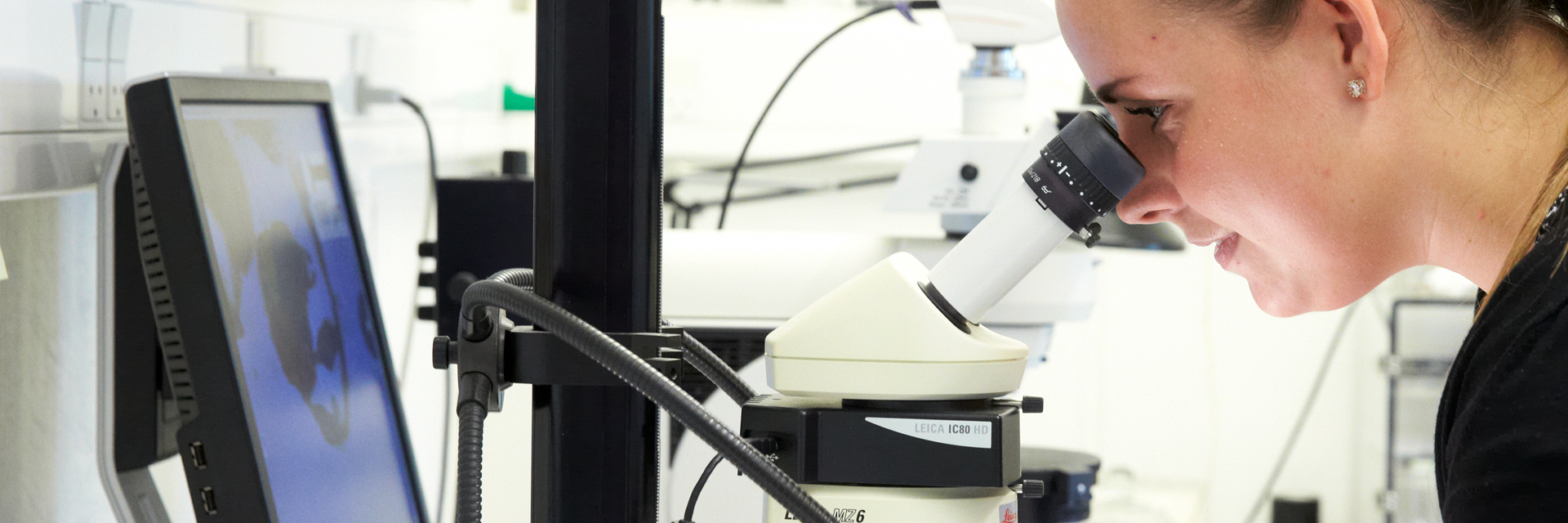ConsenCUS: international collaboration on innovation in carbon capture, utilisation and storage
Is using renewable electricity to capture and convert industrial CO2 emissions realistic at a large scale? What can you do with it after capture and how do local communities participate in the profits? An international consortium led by New Energy Coalition and University of Groningen will answer these questions in the European innovation project ConsenCUS – Carbon neutral clusters through electricity-based innovations in Capture, Utilisation and Storage.
Industrial and academic partners from The Netherlands, Denmark, United Kingdom, Romania, Greece, China and Canada have joined forces to make electrochemical CO2 emission reduction possible worldwide. From April 1st, 2021, over €13 million of European funds and private investments will enable scaling up technological innovations and conducting socio-economic research. A mobile demo plant will be constructed that will capture up to 100 kg CO2/h at cement production, oil refinery and magnesia production across Europe and convert it to useful chemicals (potassium formate and formic acid). In the same locations, the opportunities or challenges that the CO2 clusters bring to the local economy, geology and community will be studied.
International cooperation for an international challenge
Several crucial European industrial sectors emit CO2 as an inherent part of their production process (e.g. cement, magnesia or refinery). To meet European climate targets, this CO2 will have to be captured and used or stored (known as CCUS). So far, CCUS only takes place in a few locations world-wide, and often uses additional fossil fuels for the boilers that regenerate the CO2-absorbing material. The ConsenCUS consortium wants to make capture and conversion possible with (green) electricity, so that it can be done more sustainably and even climate-neutral. The innovation action includes designing so-called CO2 clusters, such that regional companies can work together with governments and citizens to make smart investments in shared infrastructure (such as pipelines or temporary storage locations) to reach net-zero carbon emissions safely.
